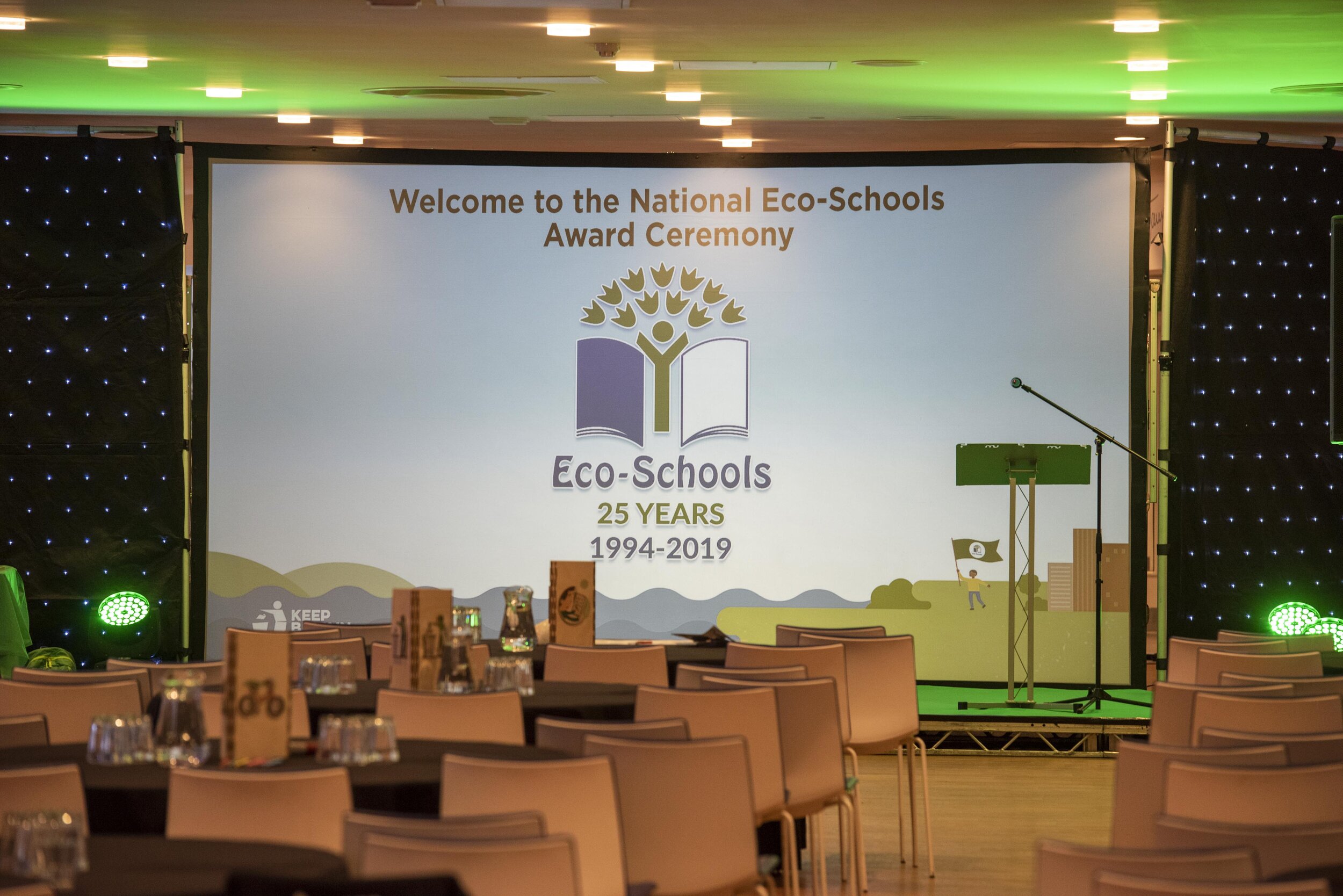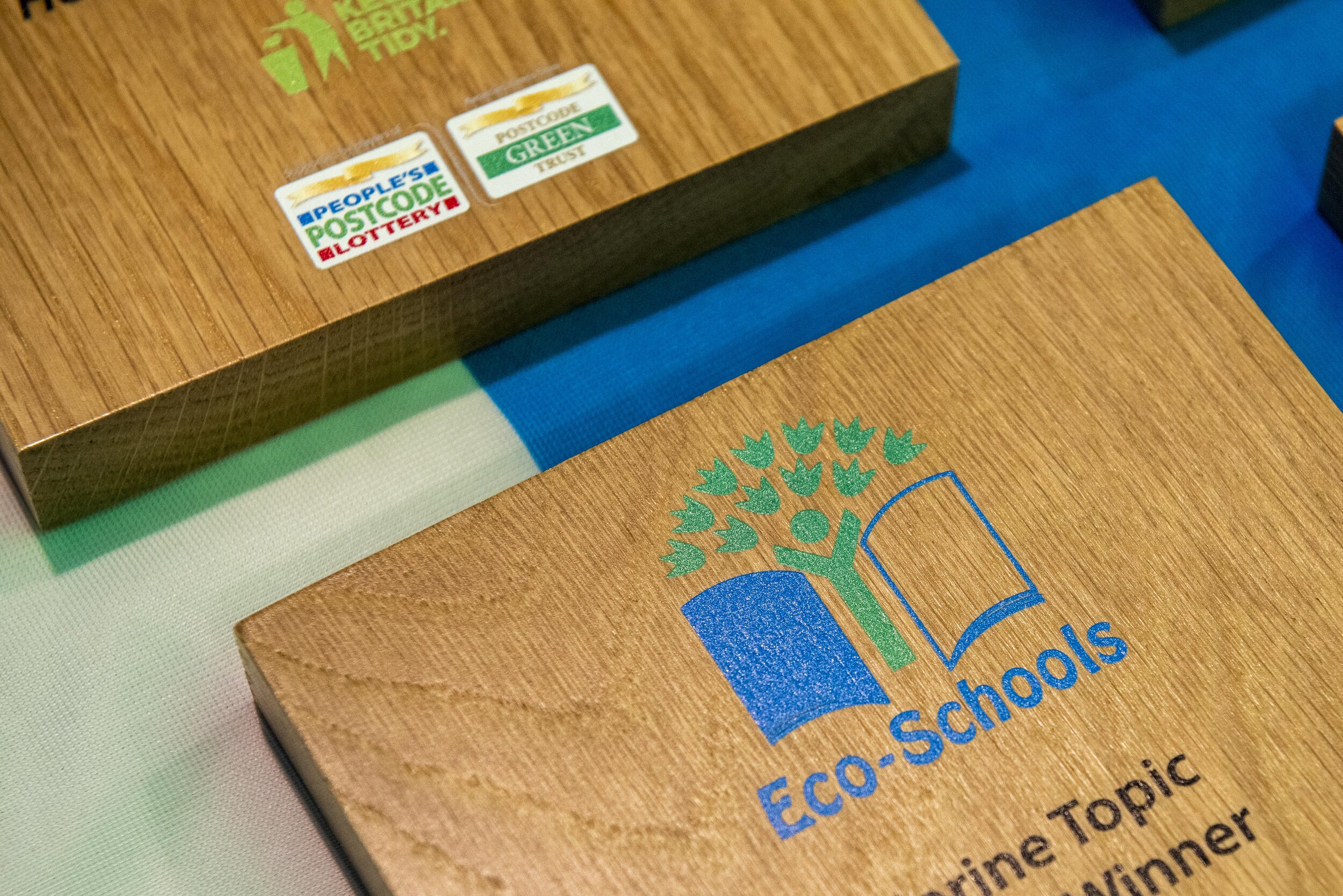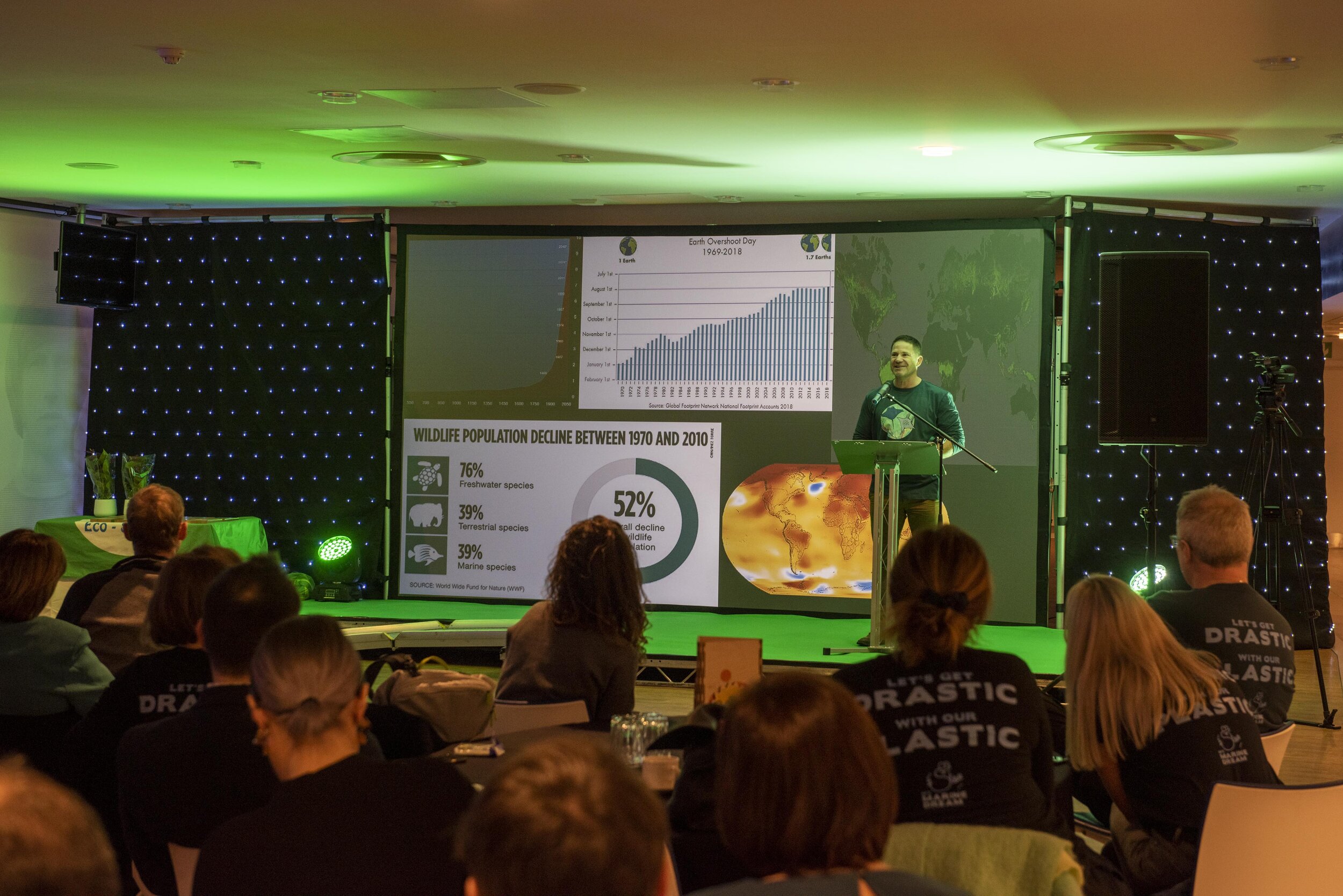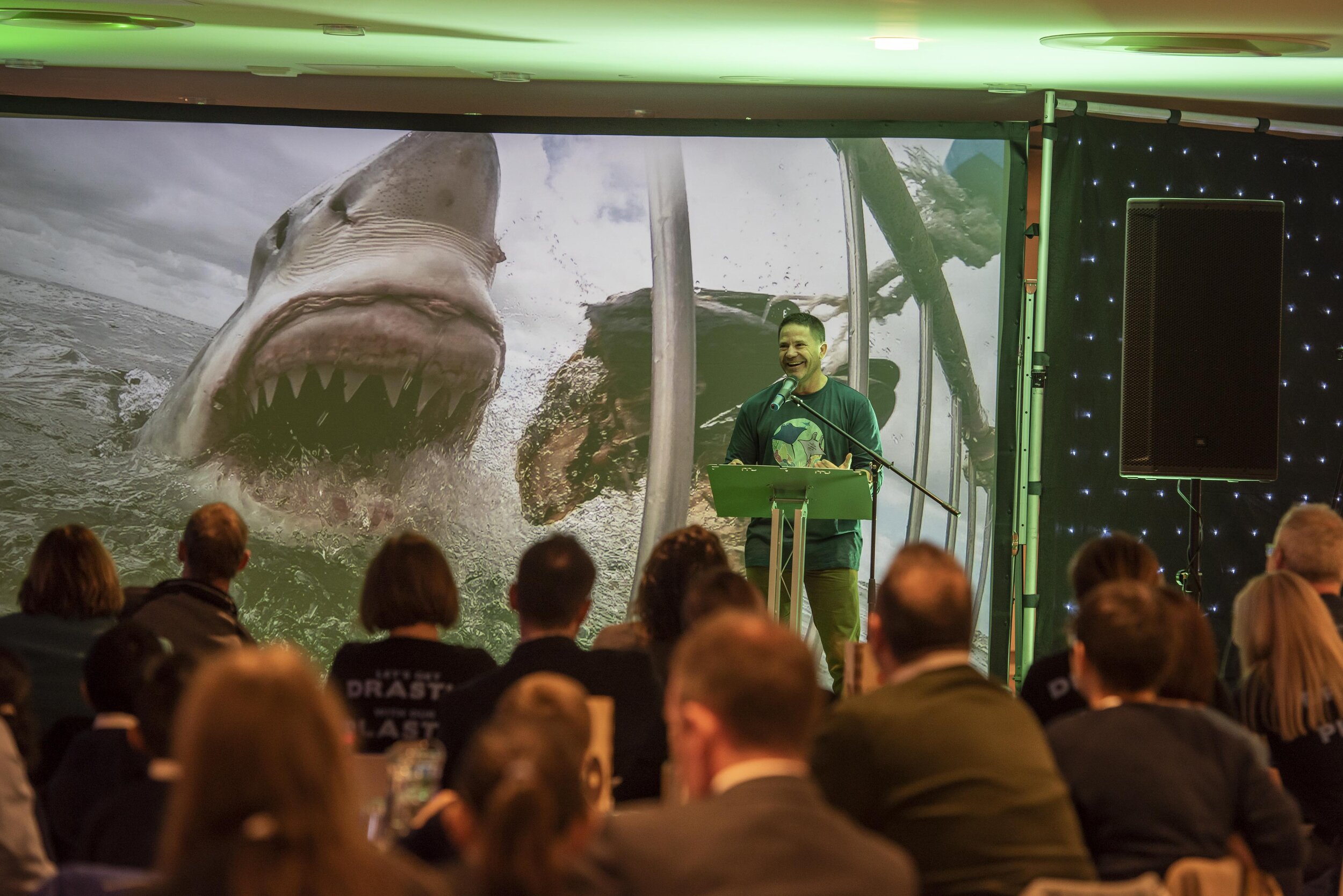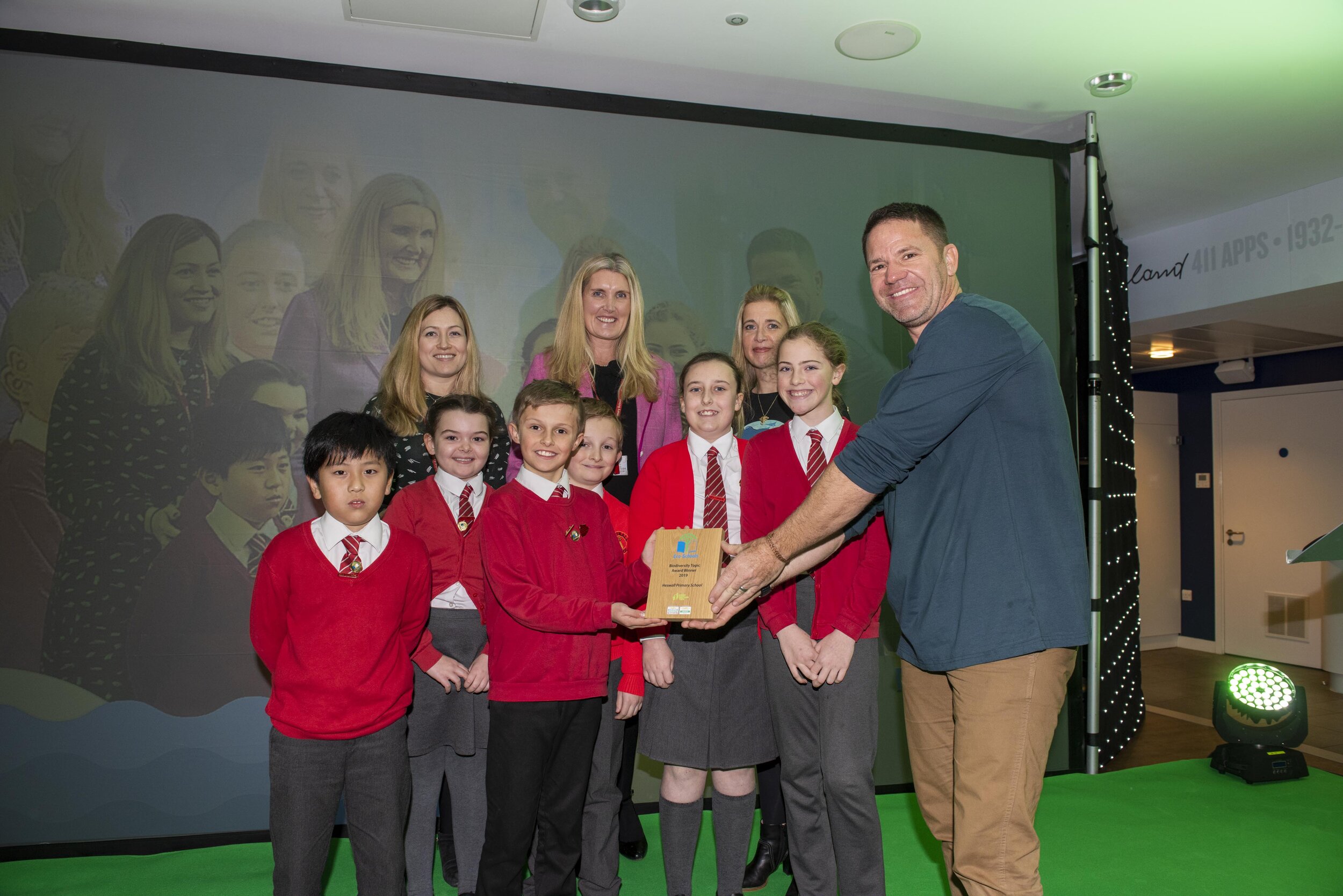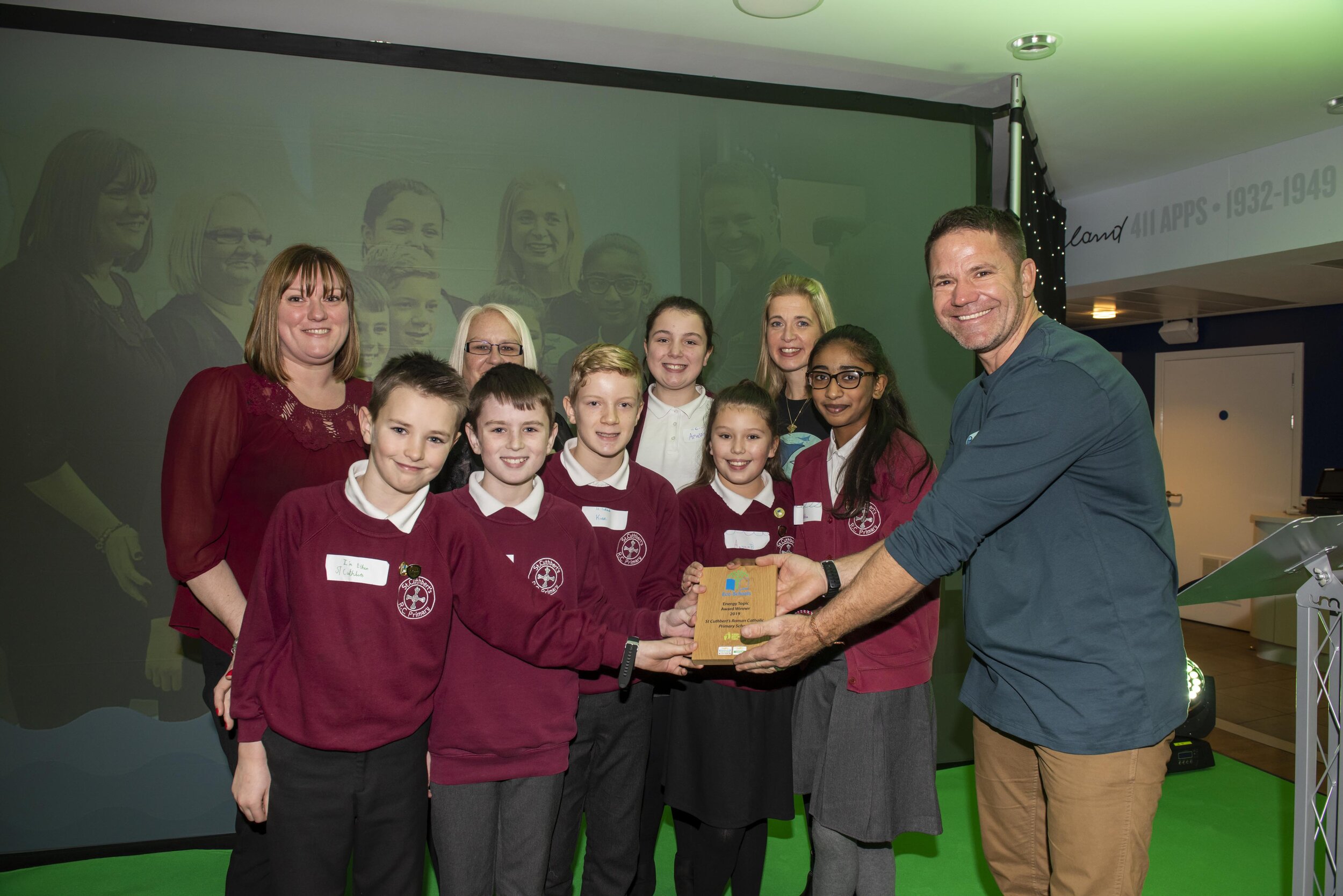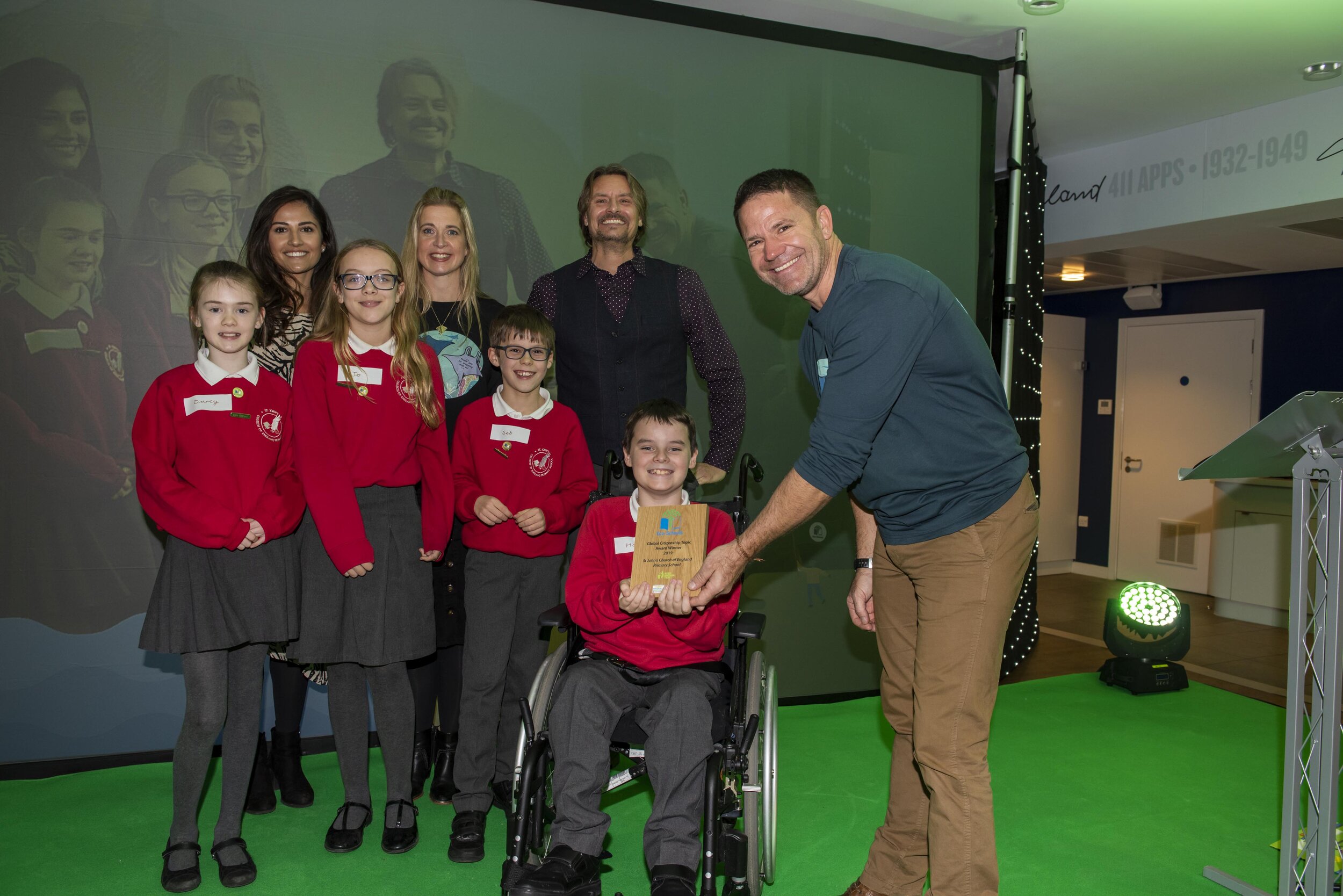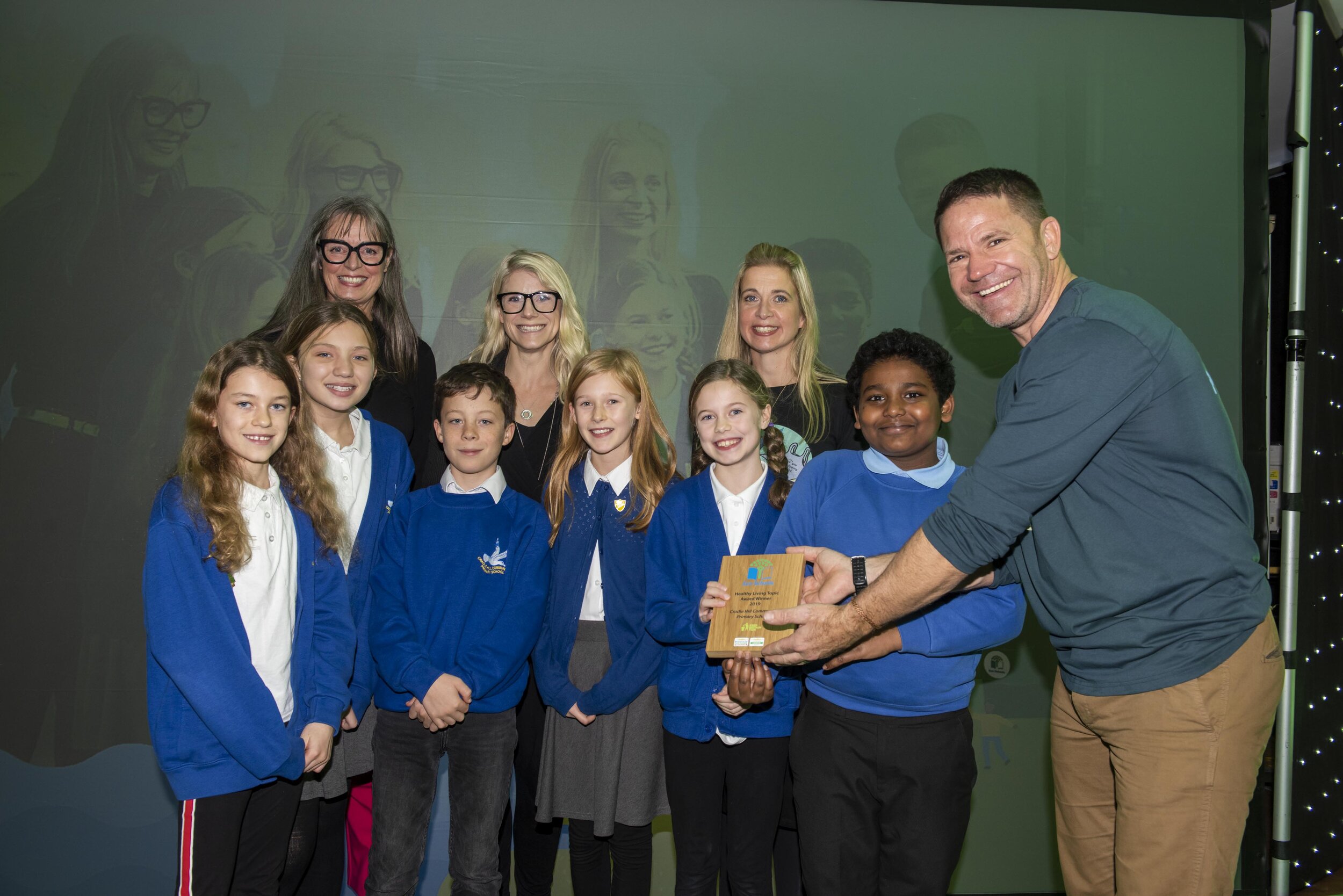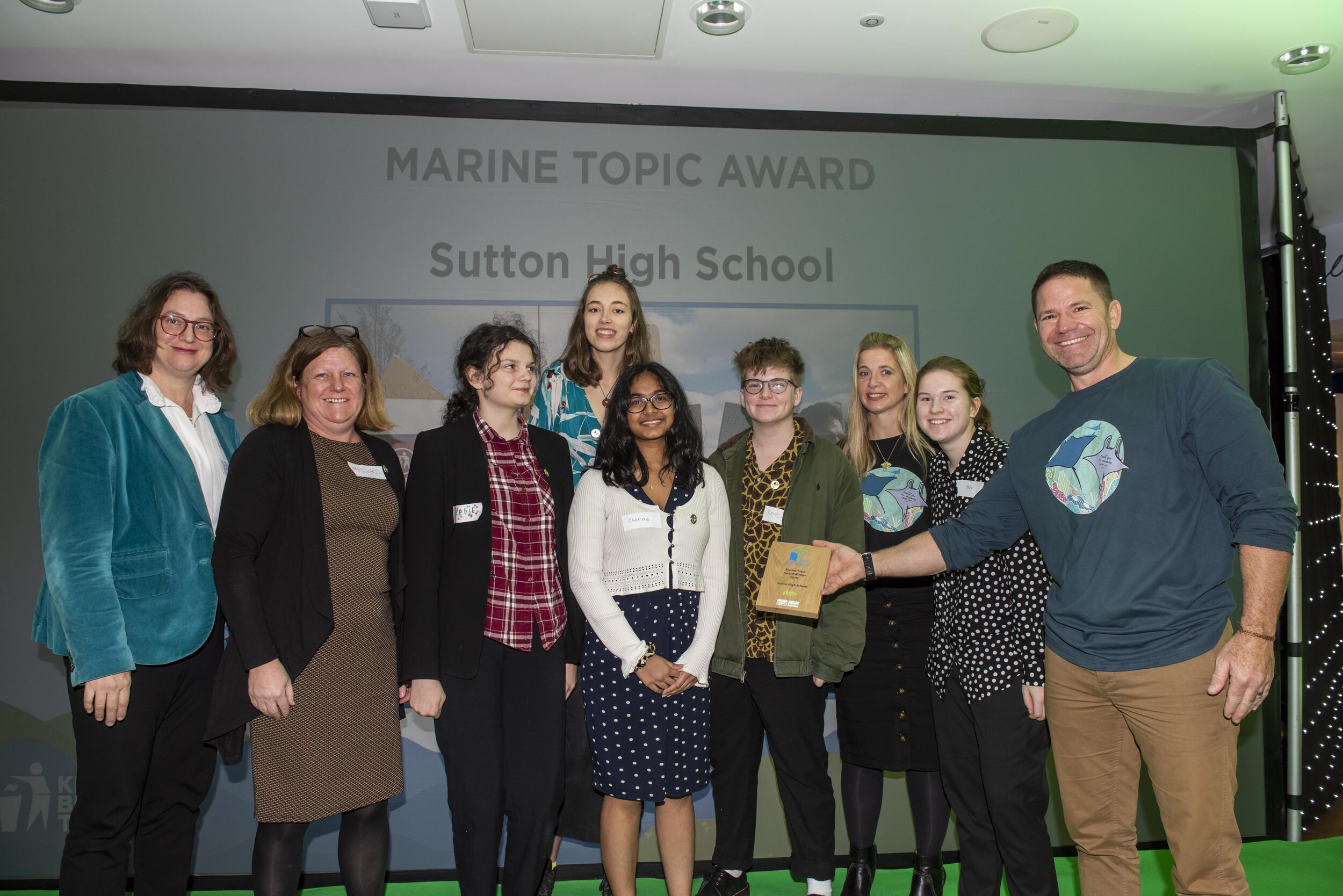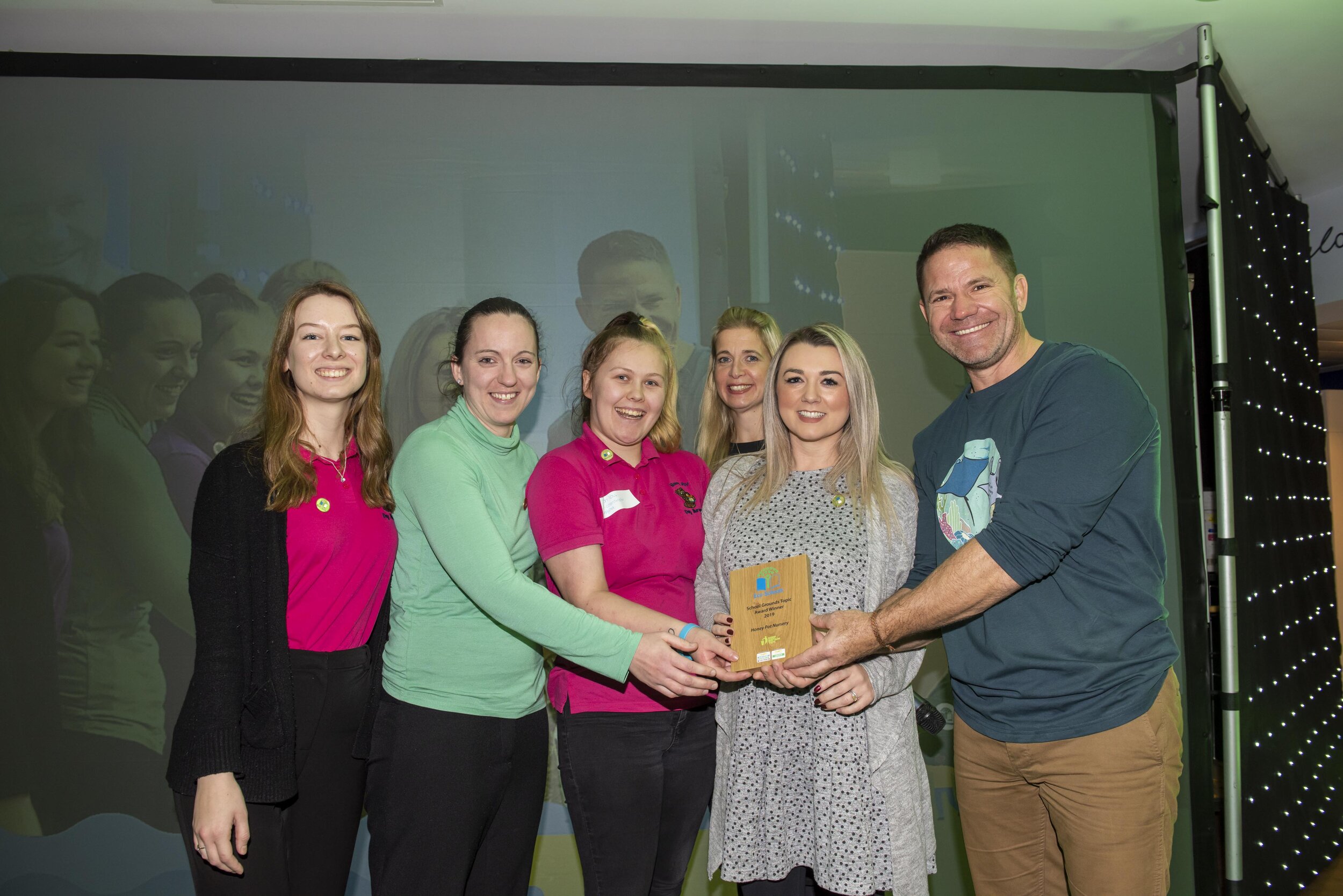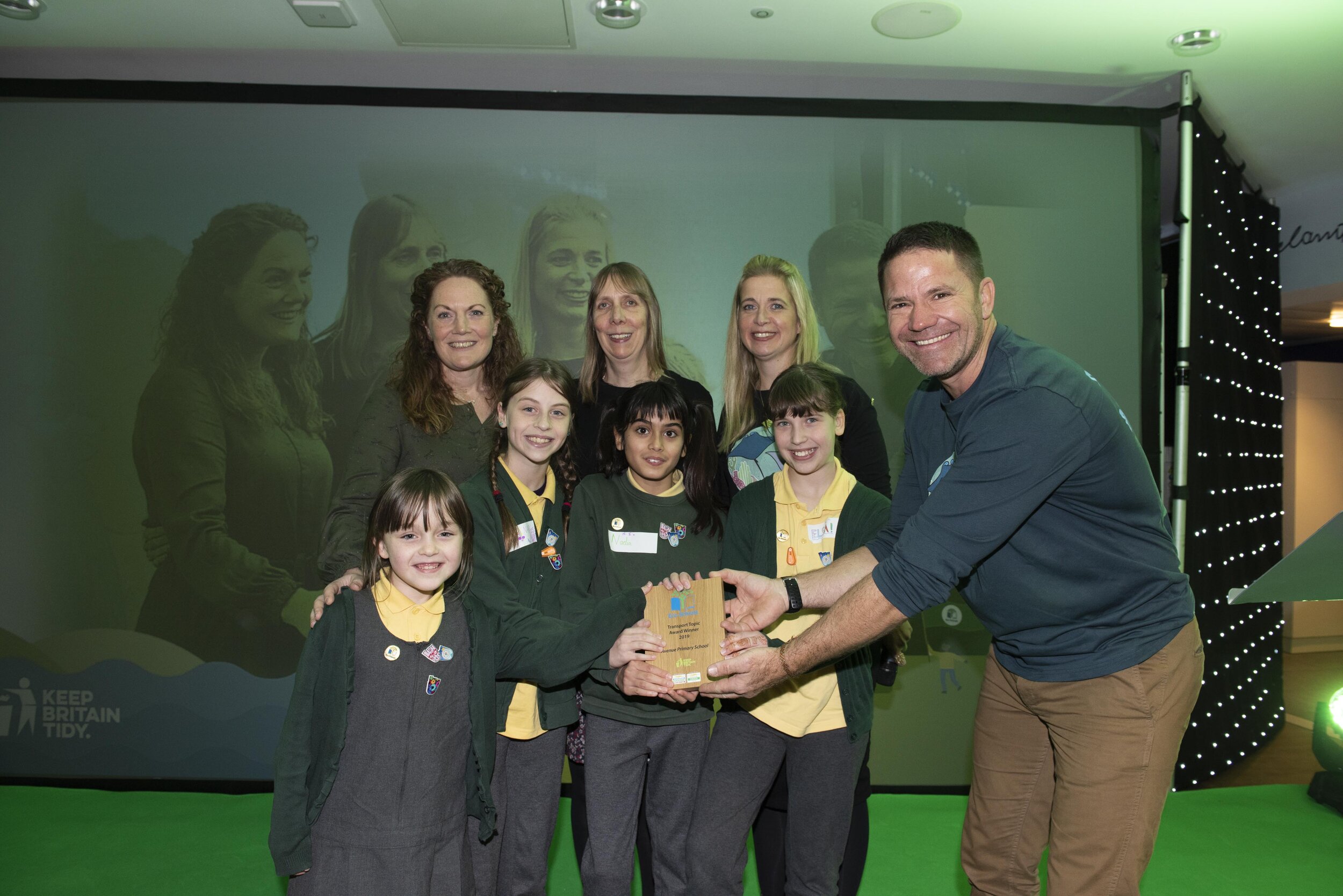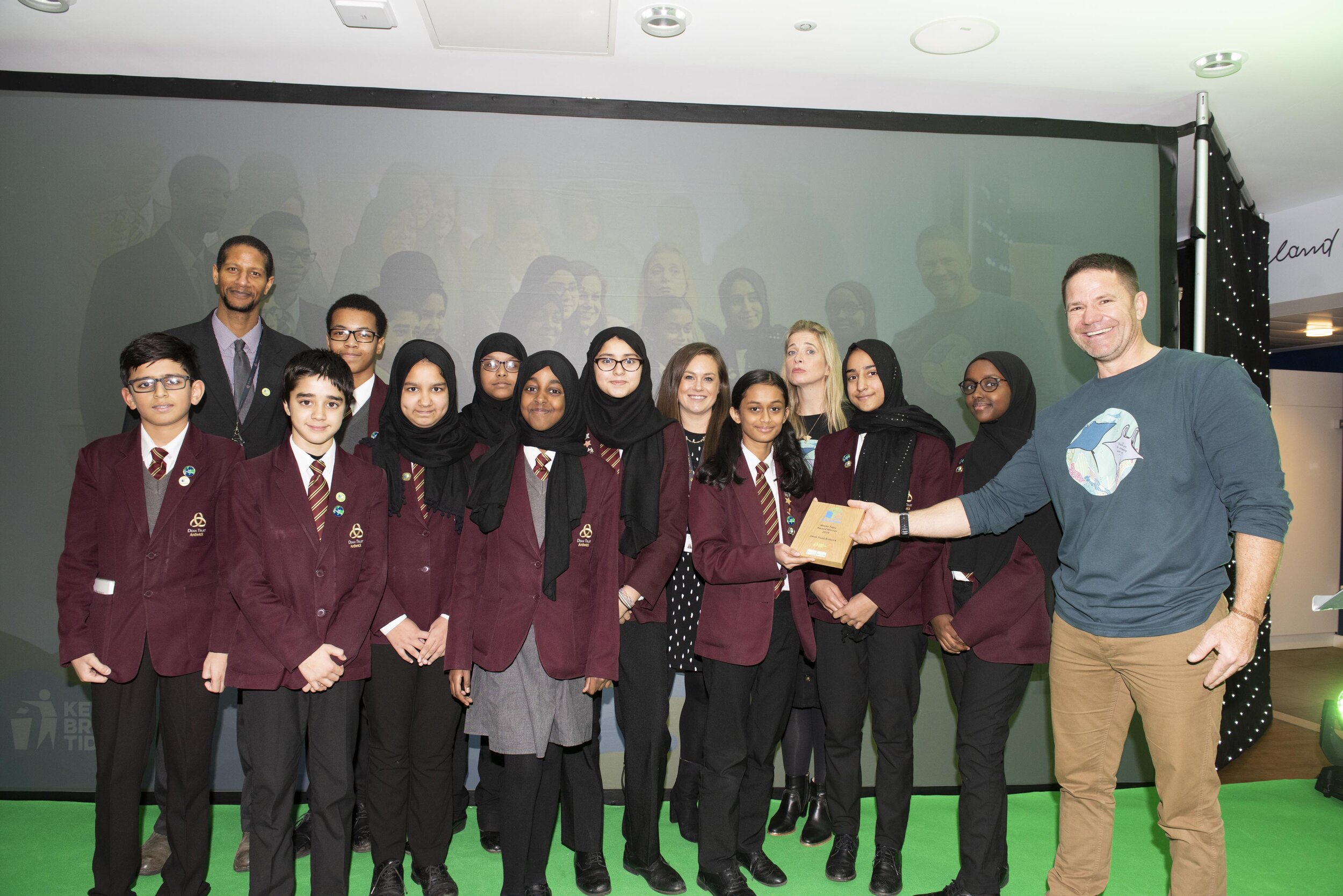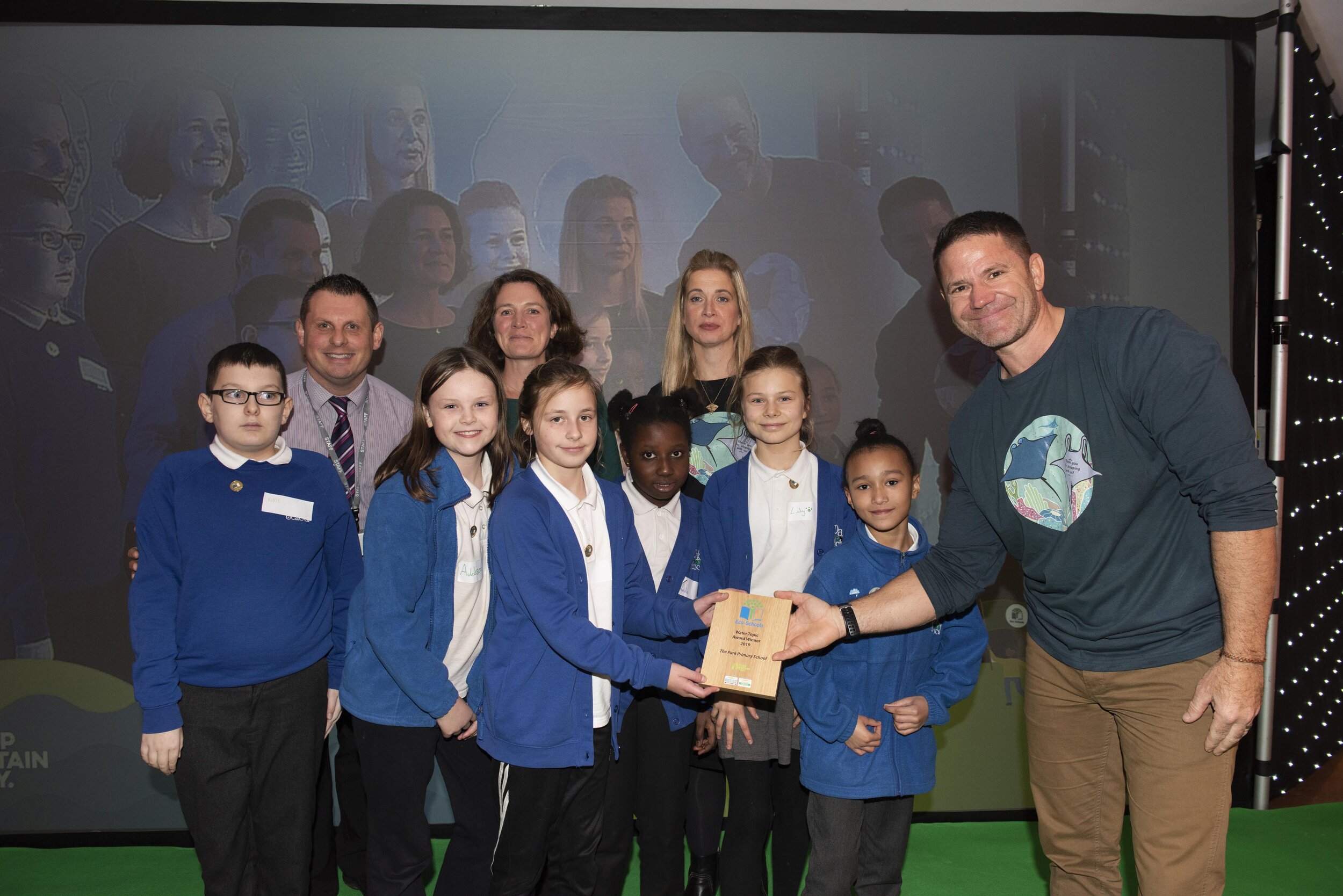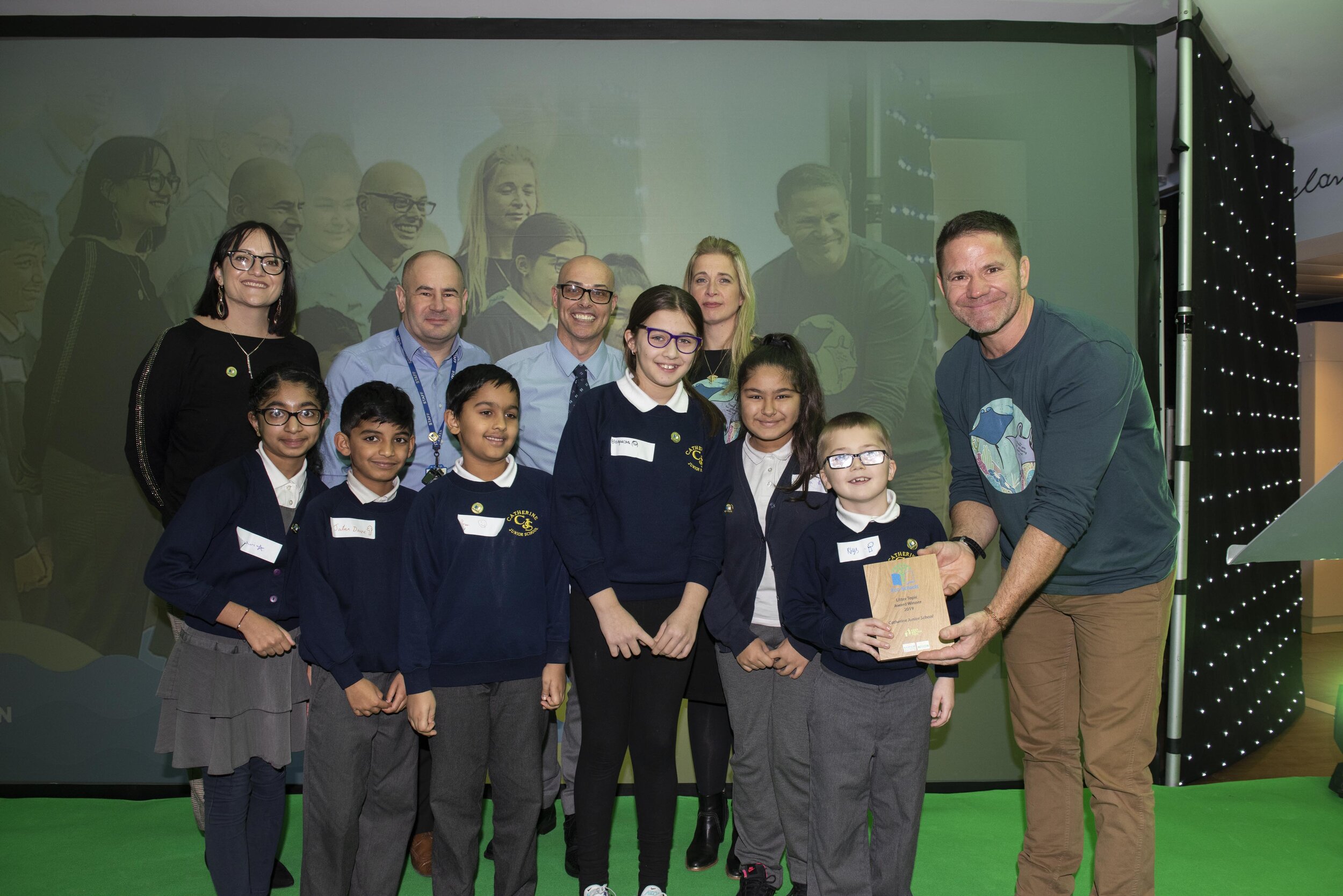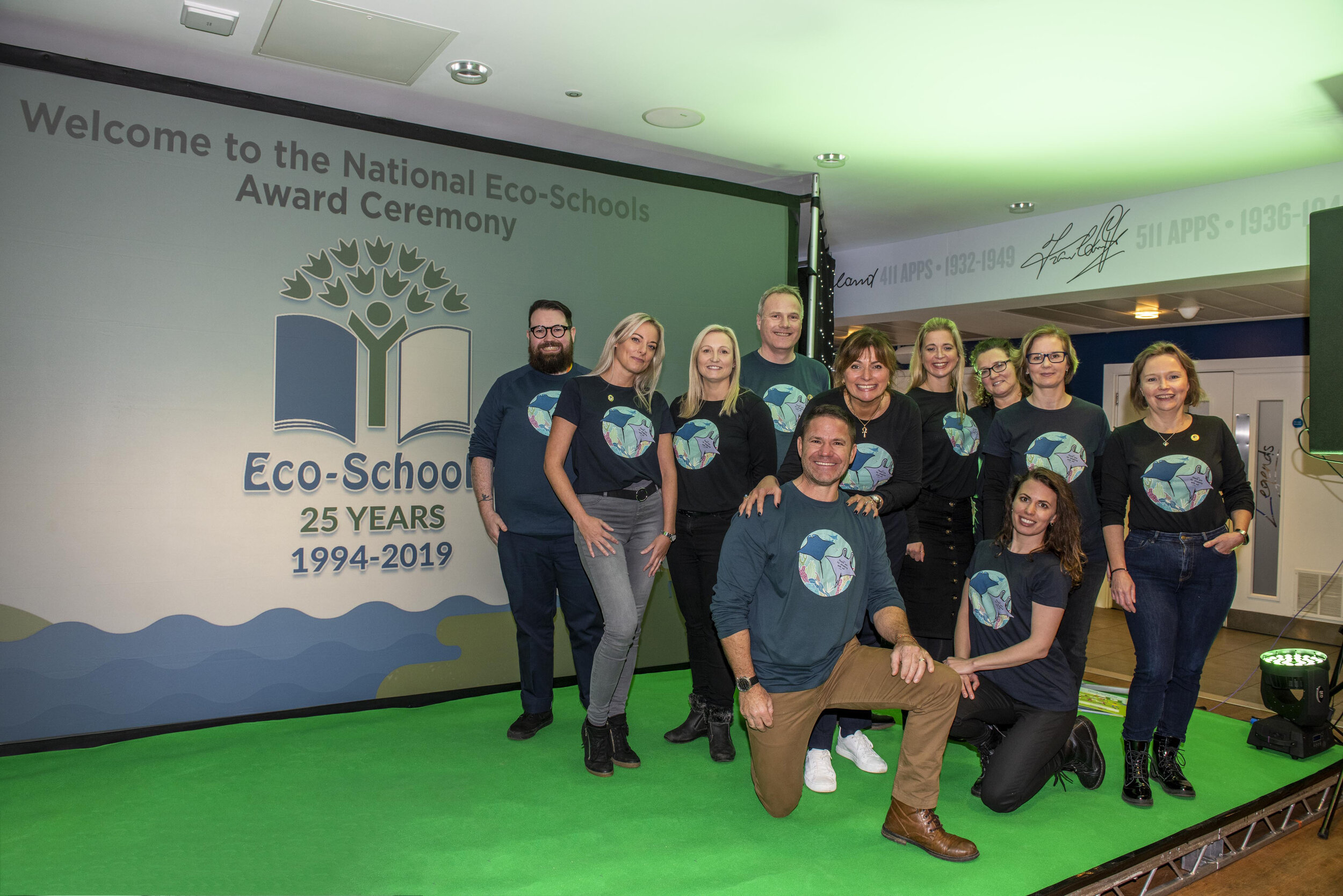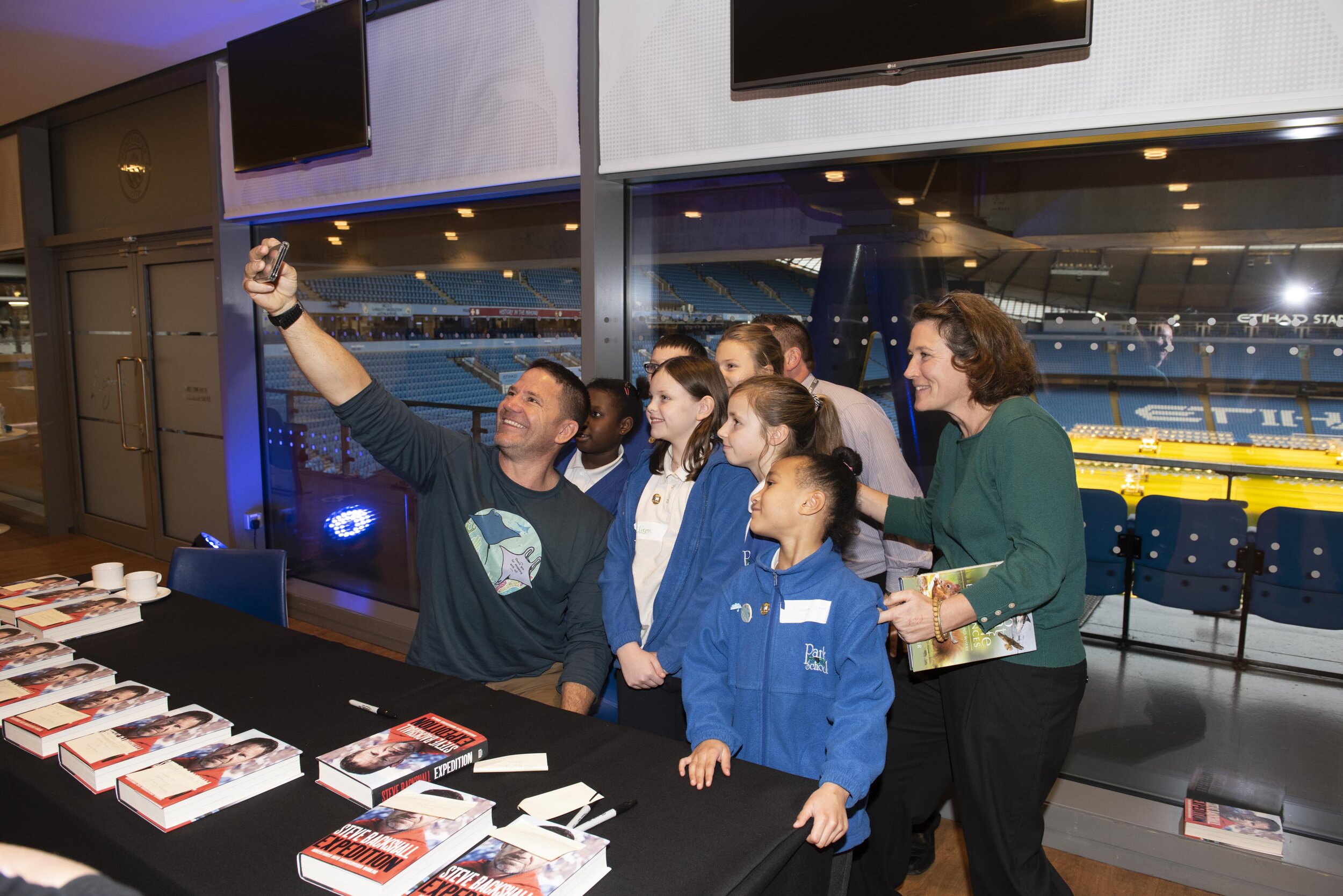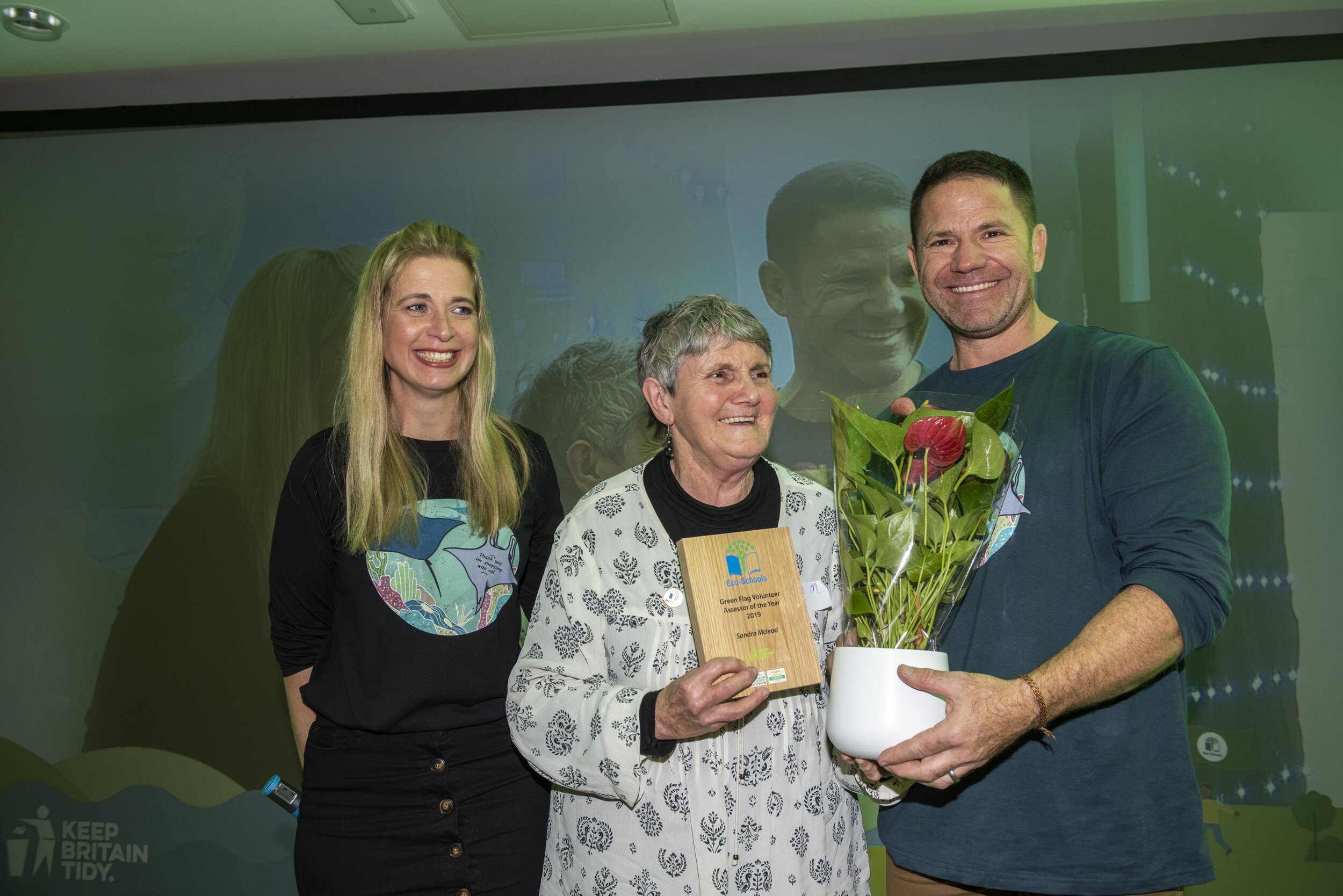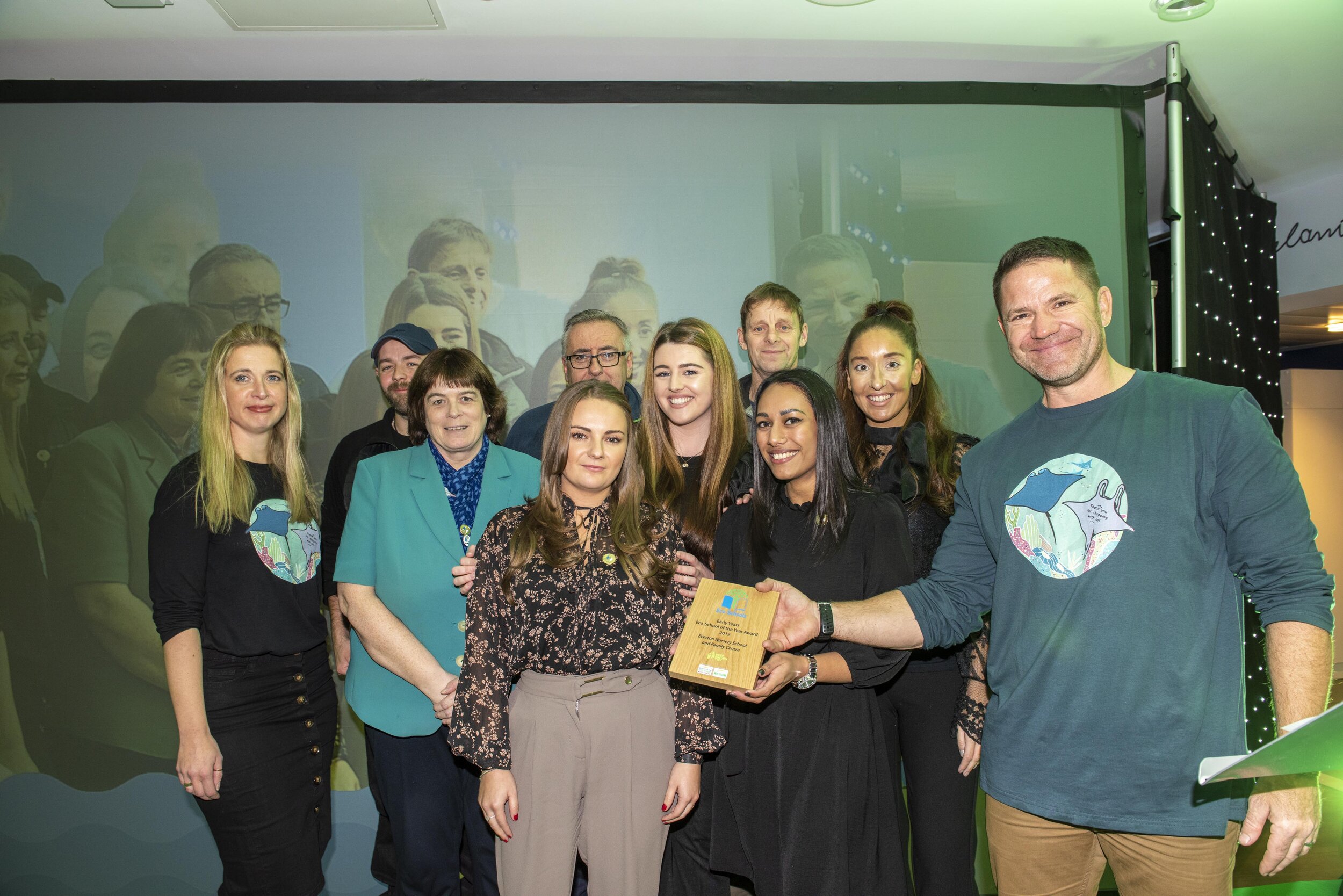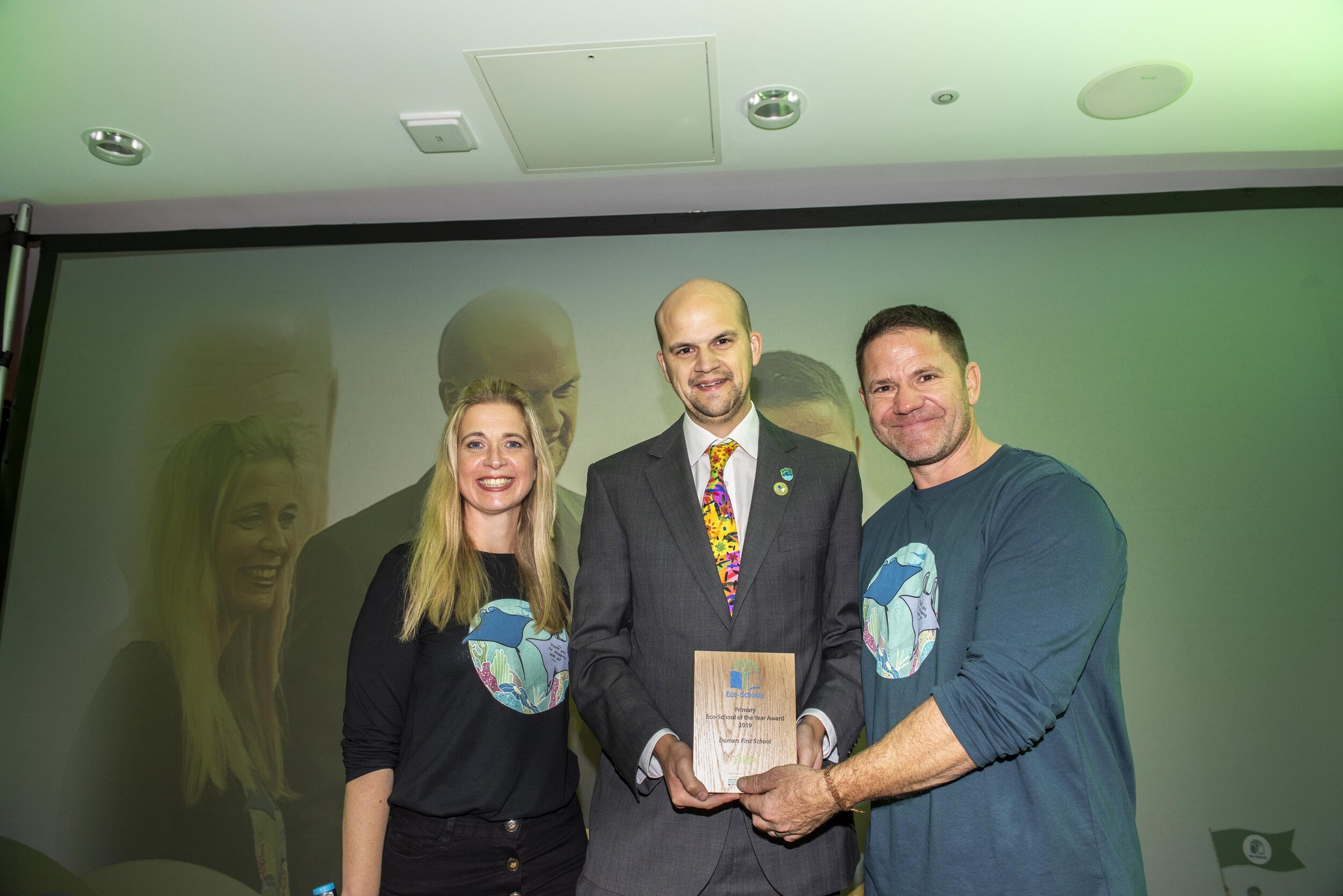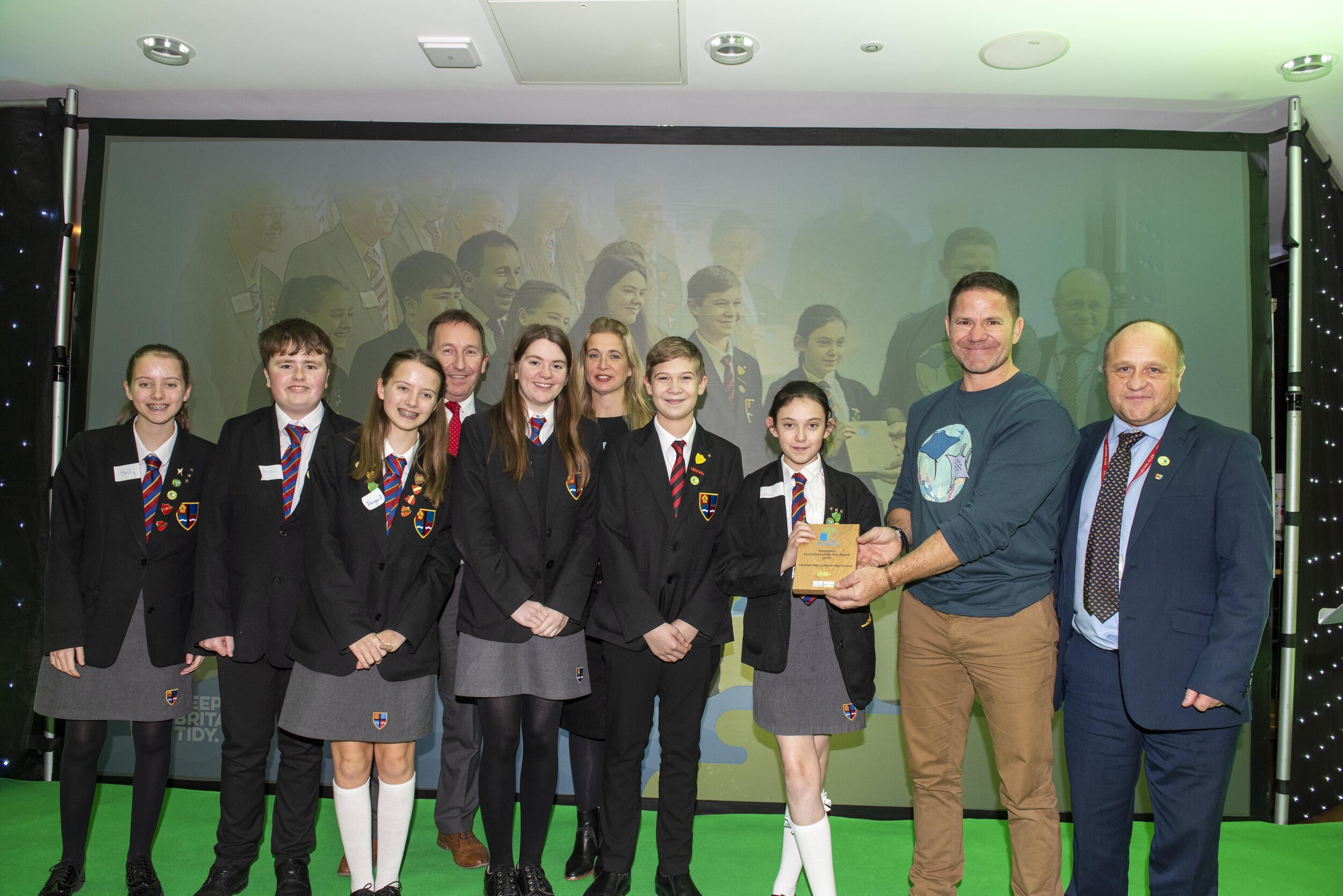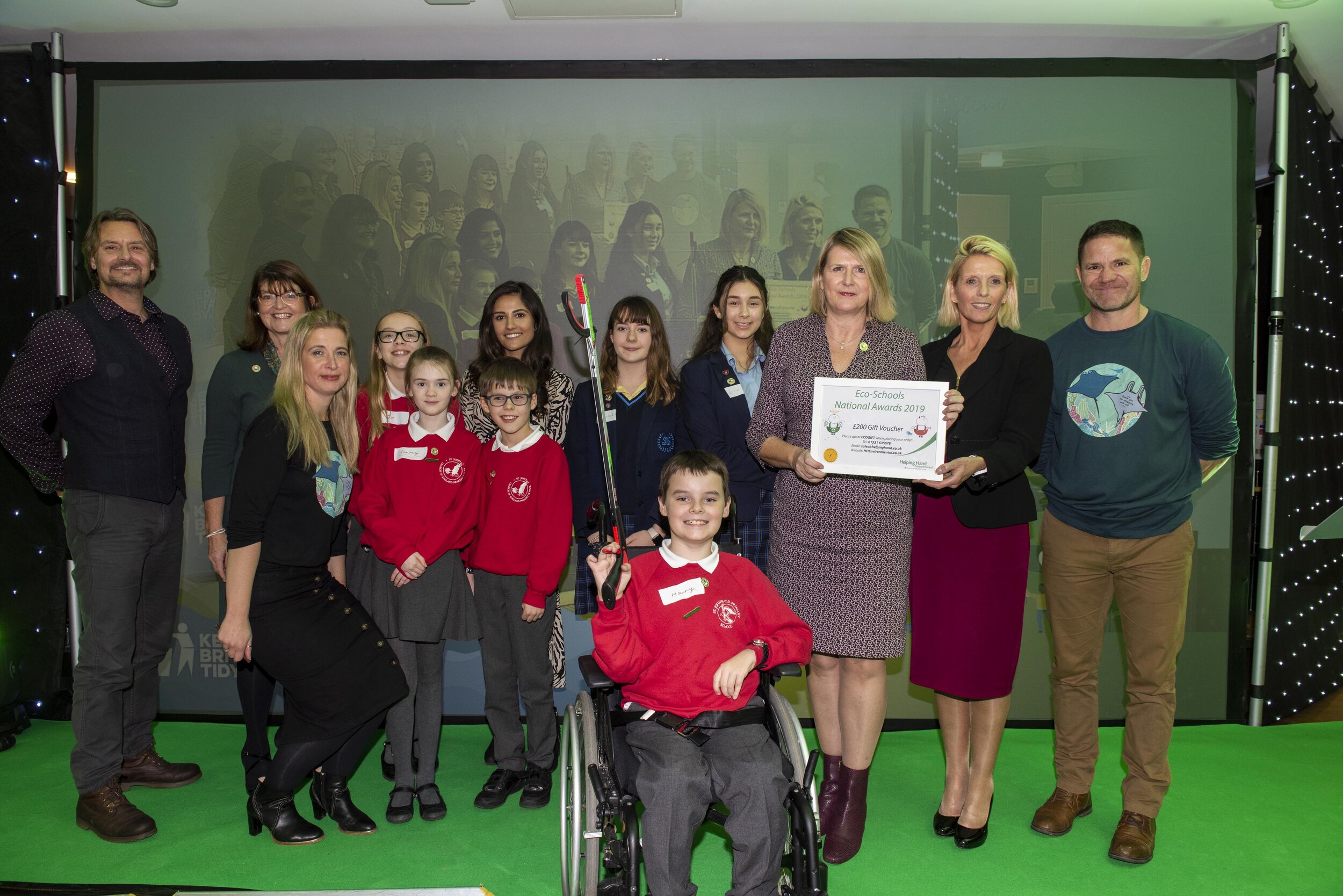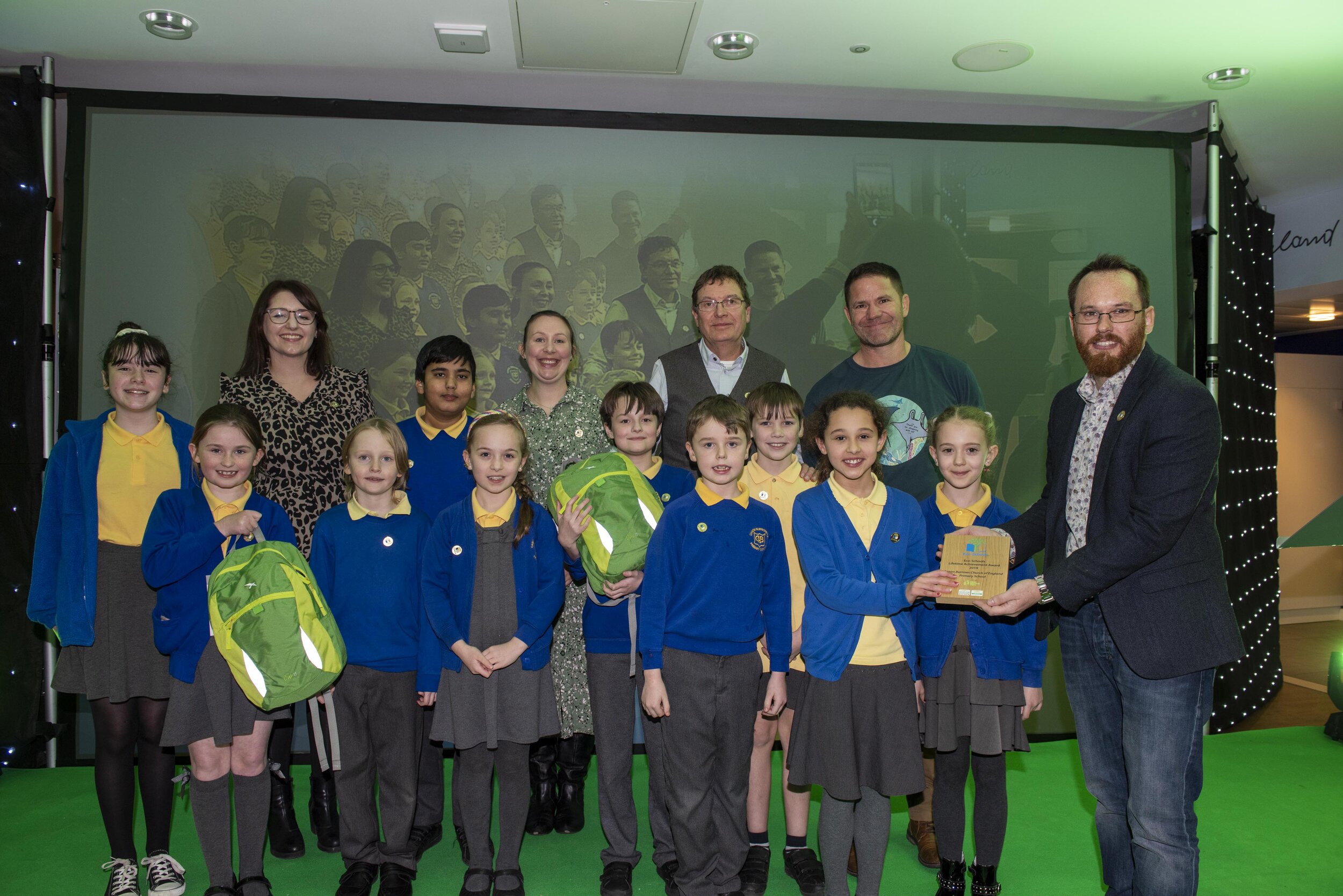Frugi partners with Keep Britain Tidy’s Eco-Schools programme to help fund up to 150 UK schools to achieve a Green Flag certification
Press release from Eco-Schools England
2 July 2020 - Frugi, the leading ethical and organic children’s clothing company, is proud to announce a partnership with Eco-Schools as part of their Little Clothes BIG Change charity initiative. Each year Frugi donates 1% of turnover to charity and has so far donated £600,000 over the past 16 years to help children and environmental non-profit organisations.
Frugi’s ambition is ‘to help raise the next generation of eco-warriors to change the world’, which makes the Eco-Schools programme, the largest educational programme in the world, the ideal partner.
With a goal to empower young people to take environmental actions to get their whole school and community involved, schools follow a Seven Step programme that culminates in achieving an international Eco-Schools Green Flag certification.
Frugi/Eco-School Partnership
Frugi is committed to funding the Eco-Schools Green Flag fees for up to 150 UK schools from Early Years Foundation (3-5), Primary Schools (5-11) all the way through to Secondary and Further Education (12-18) and is the first company to sponsor schools for all age groups.
To kick off the partnership, Frugi is sponsoring a ’10-day challenge’ as part of the hugely successful #EcoSchoolsAtHome campaign which was launched during the Covid-19 lockdown. Each day Frugi and Eco-Schools will launch a new challenge around one of the Eco-Schools topics: Biodiversity, Energy, Global Citizenship, Healthy Living, Litter, Marine, School Grounds, Transport, Waste and Water. The challenges are being supported by a raft of environmental influencers, including household names such as Rowing Champion Helen Glover, Robert Douglas from This Father Life, TV Presenter Radzi Chinyanganya and young cycling guru Ruby Isaacs. Frugi will also be running various competitions for pupils to win organic t-shirt and sock bundles, water-bottles, back-packs, and other ethically made goodies, during the week.
“Benefiting children, communities, and our environment, Eco-Schools share the same goals, ambitions, and ethos of Frugi. That’s why we are so proud and excited to be part of this collective global effort to support the education of children on sustainable and environmental issues and to help them to change our world for the better,” says Hugo Adams, CEO of Frugi.
National Eco-Schools Manager Lee Wray-Davies says, “No school in England has to be an Eco-School, and yet 20,100 Eco-Coordinators have given their valuable time (some for over 20 years) to manage and run the programme in their schools, on top of the additional pressures and responsibilities they face within an ever-changing education sector. The maturity and determination of their students to make an environmental difference is a testimony to these inspiring individuals and the Eco-Schools programme. We are the largest educational programme on the planet and with the support of wonderful organisations such as Frugi; helping us to create innovative projects and financially support schools, I don’t doubt we will continue to be for another generation.”
What is Eco-Schools?
Eco-Schools was introduced in 1994 in England as a response to the 1992 UN Rio Earth Summit. It now runs across 67 countries with more than 1,000 English schools proudly flying the internationally recognised Green Flag Award. It is operated globally by the Foundation for Environmental Education and is managed in England by Keep Britain Tidy.
Keep Britain Tidy is a charity and it is free to register on the Eco-Schools programme. Once registered, schools gain access to free Eco-Schools resources that help them meet the international Seven Step criteria. A fee of £200 (+VAT) is charged to cover the cost of an assessor visit once the programme has been completed and the Green Flag/certification schools received.
How Does It work?
Spanning 67 countries worldwide, the Eco-School’s programme gives pupils the freedom to decide one of ten Eco-Schools topics they want to work on. Once they have chosen the topics, they are free to decide what actions they want to take and how they are going to involve their school and community. The whole process takes around one academic year until they become a proud Green Flag owner and fully established Eco-School.
The Eco-Schools programme consists of three structural elements, including the Seven Step Framework, the Eco-Schools Topics and assessment for the international Green Flag award. To be successful the programme requires support from school leaders and active involvement from staff, as well as a long-term commitment and the willingness to involve students in decision-making. The Eco-Schools Seven Steps methodology is a series of carefully engineered measures to help schools maximise the success of their Eco-School ambitions.
Why is it worthwhile?
The Eco-Schools programme is an ideal way for schools to embark on a meaningful path towards improving the environment in both the school and the local community while at the same time having a life-long positive impact on the lives of young people and their families.
When a child gets actively involved with Eco-Schools, they enhance their development and are encouraged to use their imagination and voice in a safe, non-judgemental environment. They become minute makers, organisers, planners, and influencers. Eco-Schools has the power to transform pupils into forward thinking, challenge solving, decision making adults of the future. This not only benefits so many children’s lives, but it helps raise environmental change-makers of the future.
As well as the benefits to pupils, individual schools’ benefit from reducing their environmental impact. Eco-Schools consume less water and energy and produce less waste – in turn saving money that can be allocated elsewhere in the school.
Find out more about the Eco-Schools programme and register for free on their website:
https://www.eco-schools.org.uk/
About Frugi
Frugi was founded in 2004 by Kurt & Lucy Jewson after they struggled to find clothes to fit over cloth nappies. 16 years later, Frugi is the UK’s leading ethical and organic children’s clothing brand available to buy online from welovefrugi.com and over 500 retailers globally in 30 countries. The full range includes tiny baby to ten years with a stylish twinning, maternity, and breastfeeding range for Grown-Ups, as well as bedding and accessories.
Designed in Cornwall, Frugi are daft about clever details and famous for vibrant prints, fun appliqués, and super comfy designs. The range is made from supremely soft, premium organic cotton or recycled materials. Frugi are proud to be certified by the Soil Association and Global Organic Textile Standard (GOTS) receiving the highest level of certification in the world of leading textile processing standards. Every year 1% of turnover is donated to charity through the Frugi Little Clothes, Big Change initiative.
Frugi is the trading name of Cut4Cloth Ltd registered in England, company number 05011885. The registered office is Wheal Vrose Business Park, Helston, Cornwall TR13 0FG.
Media Inquiries: Samantha Dark, PR Manager at Frugi, sam.dark@welovefrugi.com
